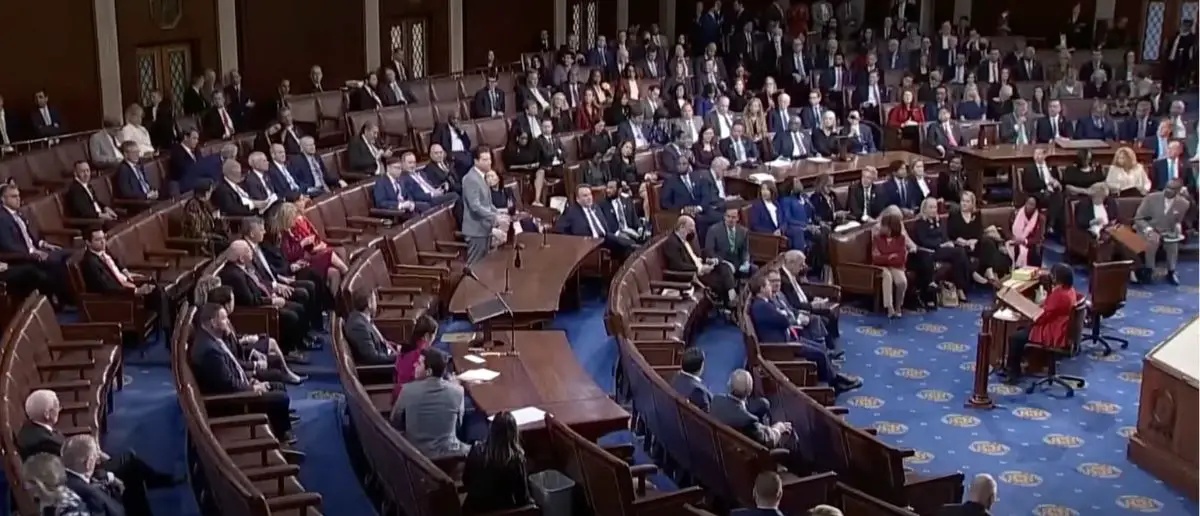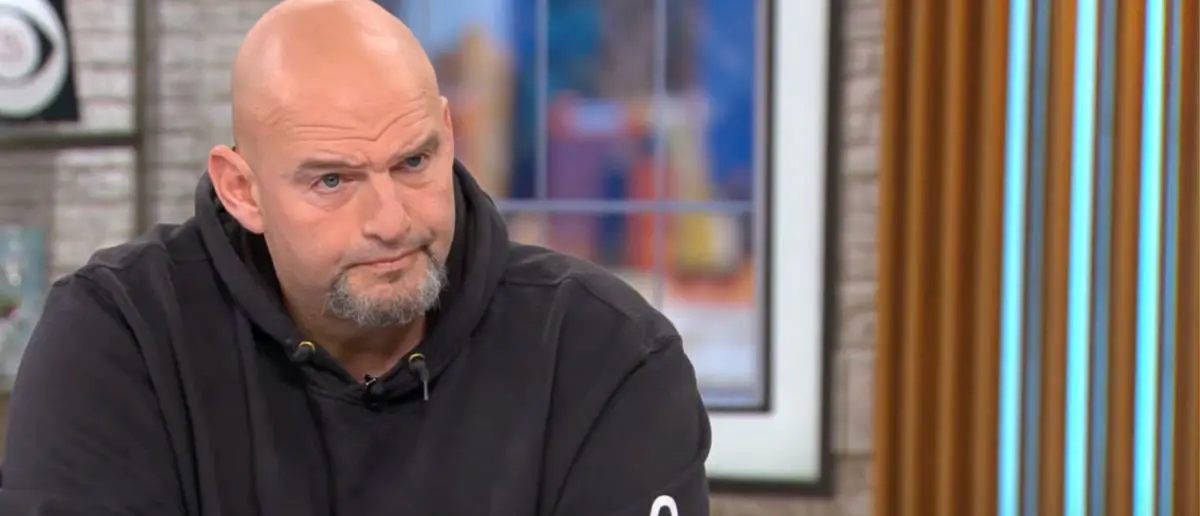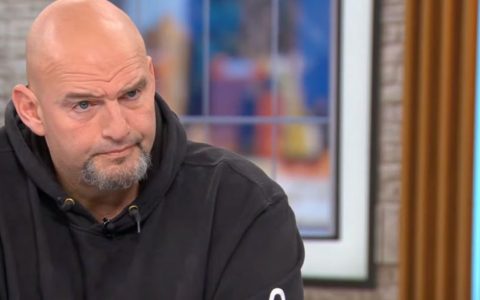
Congress is in the middle of a crisis. There’s no telling how they get through it.
And a new epidemic hits Congress that’s causing both parties to panic.
Washington is witnessing a massive exodus from Congress, with House members fleeing their seats faster than at any point in the last ten years, as calls mount for veteran politicians to make way for new faces.
So far, 37 representatives and eight senators have decided against fighting to keep their positions in the 2026 midterms, based on Ballotpedia’s tracking.
This marks the steepest pace of House departures this early in the cycle in more than ten years, while Senate exits match last year’s numbers.
To put it in perspective, around this time in the 2024 election buildup, only 25 House members had thrown in the towel.
The rush to the doors follows intense criticism of elderly lawmakers, more than a year after Democrats turned on 82-year-old former President Joe Biden amid doubts about his sharpness.
Recently, several long-serving figures like 85-year-old former House Speaker Nancy Pelosi from California, 80-year-old New Jersey Democrat Bonnie Watson Coleman, and 53-year-old Texas Republican Jodey Arrington, who chairs the House Budget Committee, all revealed their retirement intentions.
Yet, not everyone’s heading out; the House’s longest-serving member, 87-year-old Kentucky Republican Hal Rogers, has filed to seek another term, and 87-year-old California Democrat Maxine Waters keeps fundraising as if she’s gearing up for a run.
Doubts swirl around whether 86-year-old Maryland Democrat Steny Hoyer, who’s staring down a younger rival in the primary, or 85-year-old James Clyburn, another key ally of Pelosi, will push for more time in office.
Clyburn might face district shake-ups if the Supreme Court limits race-focused map drawing under the Voting Rights Act.
On top of that, unusual redistricting battles midway through the decade have influenced some choices to bow out, especially in states like Texas and California.
Most of these departures stem from ambitions for higher roles, like governor, senator, or attorney general.
Just around a dozen House retirements involve folks completely walking away from public office.
Republicans lead the pack in retirements across both chambers, with 26 GOP members stepping back compared to 19 Democrats, which aligns with predictions since the party in power often struggles in midterms.
Only a handful of these openings create real battlegrounds in the House, such as Democrats losing Maine’s Jared Golden or Republicans parting with Nebraska’s Don Bacon.
Prominent Senate veterans bowing out include Kentucky Republican Mitch McConnell, Illinois Democrat Dick Durbin, Minnesota Democrat Tina Smith, Iowa Republican Joni Ernst, and Alabama Republican Tommy Tuberville.
Tennessee Republican Marsha Blackburn and Colorado Democrat Michael Bennet have declared their intentions to run for governor, potentially leaving their Senate spots empty post-2026.
Even though New York Democrat Chuck Schumer, the Senate Minority Leader, isn’t running for re-election for another three years, his progressive critics ramped up demands recently for him to relinquish his leadership role and skip another run.
This turnover wave opens doors for fresh conservative voices to challenge the entrenched elite, potentially energizing the GOP base weary of career politicians.





